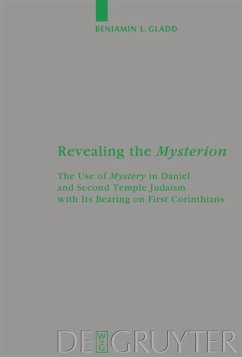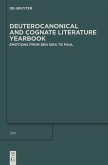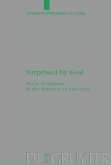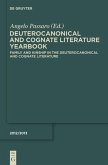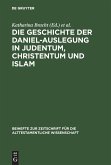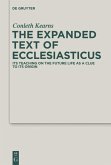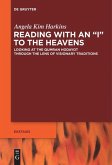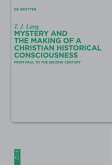In the last several decades, scholars largely agree that the NT term "mysterion" is a terminus technicus, originating from Daniel. "Mystery" constitutes a revelation of God's hidden eschatological wisdom. This project traces the word in the Dead Sea Scrolls and other sectors of Judaism. Like Daniel, the term consistently retains eschatological connotations. The monograph then examines how mystery functions within 1 Corinthians and seeks to explain why the term is often employed. Throughout the letter, Paul alludes to Daniel, especially in conjunction with the notion of mystery. Of particular interest is the polemical nature of the term in 1 Cor 1-2 that may reflect its narratival use in Daniel - God's wisdom is superior to the wisdom of the "wise" Babylonians. Paul's overall concern of unity within the Corinthian community is central to the rhetorical effect of the epistle. The divided Corinthian community must rally around mystery of the cross - the Messiah reigning in the midst of defeat. In addition, the Apostle is a "steward of mysteries" (4:1), a claim that may reflect a conscious effort to align himself with the character Daniel. Other uses of the apocalyptic term concern eschatological revelations and tongues, charismatic exegesis, and the transformation of believers into the image of the last Adam.
Bitte wählen Sie Ihr Anliegen aus.
Rechnungen
Retourenschein anfordern
Bestellstatus
Storno

